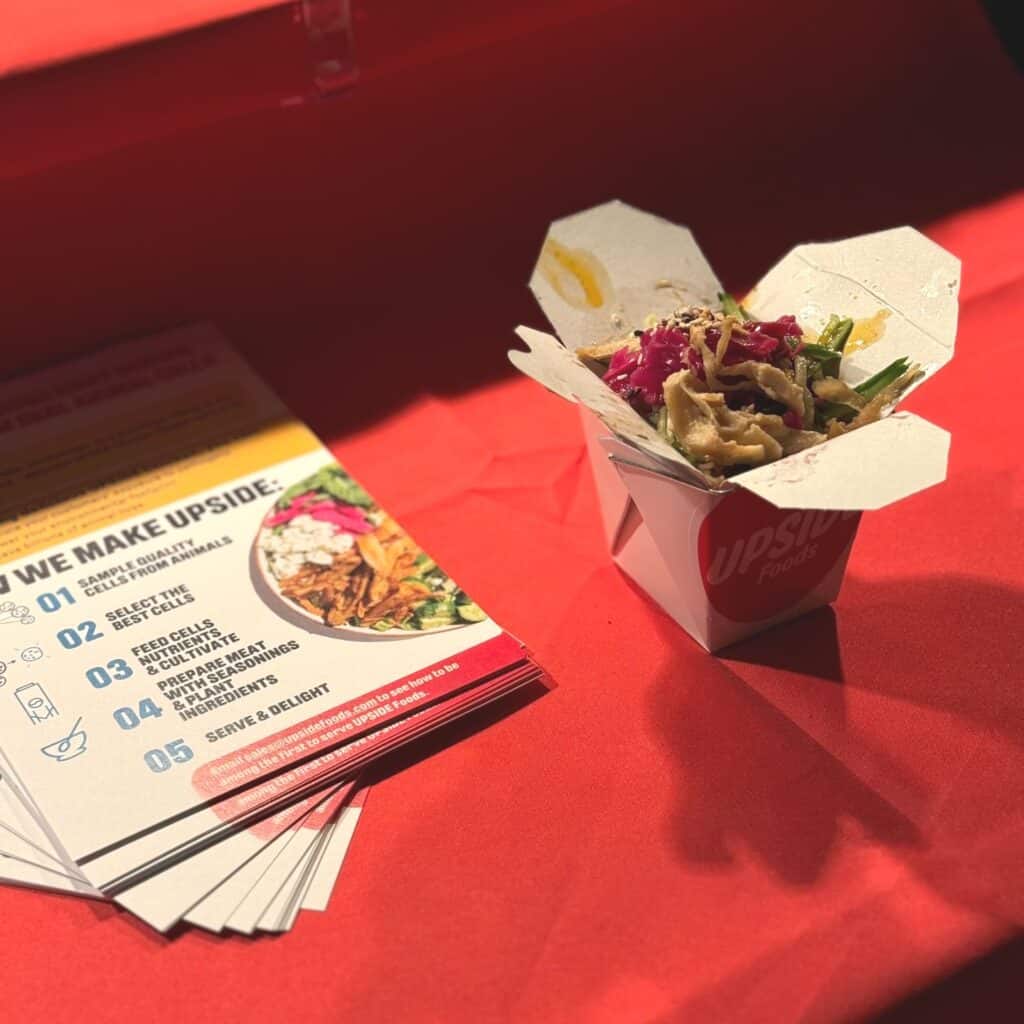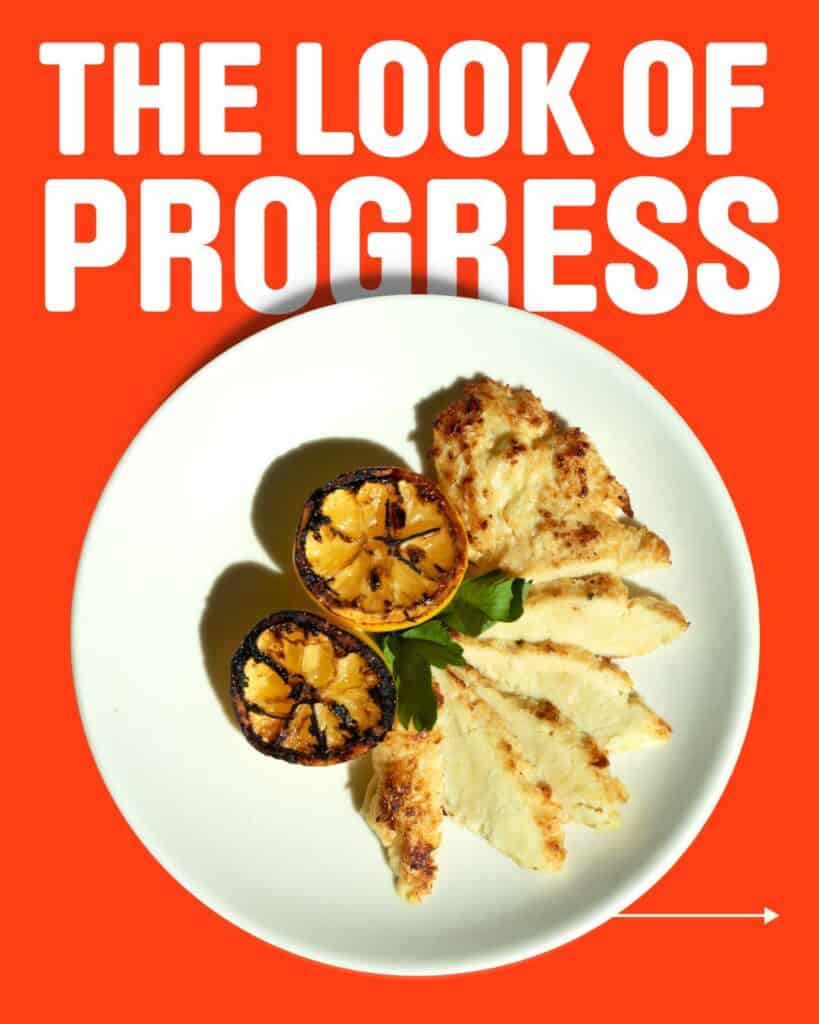Just before Florida’s cultivated meat ban came into force last year, UPSIDE Foods hosted a cultivated chicken tasting in the state, titled the Freedom of Food Pop-Up. Researchers at Tufts University took the opportunity to study the event, and have now published a paper revealing insights into cultivated meat acceptance among Americans.
One of the most significant is that the vast majority of attendees opposed the banning of cultivated meat after tasting the product. This held true regardless of political affiliation; those identifying as Democrat, Republican, Libertarian, Independent, or something else all said the government should not interfere in small business innovations working toward societal betterment.
“Banning cultivated meat sets a really terrible precedent in this country… Completely based on scare tactics and political nonsense,” said one attendee. “We don’t ban foods in America. That’s not who we are, that’s just not what we do. This isn’t Four Loko. There’s no science behind the ban. It’s nonsense.”
Notably, UPSIDE Foods recently won a first-round victory in court after filing a lawsuit against Florida’s cultivated meat ban last year.

Taste evaluations
Taste evaluations at the event were mixed; some guests said the product was indistinguishable from conventional chicken, while others felt that the texture needed improvement. Many said it was comparable to existing plant-based alternatives.
“It tastes good, as good as any plant-based food, but not particularly different,” said one guest.
Several people also noted that since there were so many seasonings in the dish (a chicken tostada), it was difficult to assess the taste of the cultivated chicken. Most said they would be willing to try it again, but stopped short of saying they would consume it regularly.

Ethical and environmental benefits
Many attendees had positive views about the ethical and environmental benefits of cultivated meat, comparing it favorably to factory farming. They noted the animal welfare issues associated with conventional meat production, and expressed concerns about the use of hormones and antibiotics in animal agriculture.
However, some vegan guests were surprised to learn that animal-derived inputs were used in the production of the cultivated meat. They said they felt “duped”, and would not have consumed the product if they had been aware.
Several people believed that cultivated meat was more sustainable than conventional meat, but most said more evidence was needed to determine the effects on personal and planetary health.
“We can’t take the entire Western Hemisphere, North and South America, to raise cattle and other livestock…We can’t wait 26 years and till we’re desperate and facing a crisis and solve it then,” said one attendee. “I think it’s probably a good idea to work on problems when you still have choices.”







